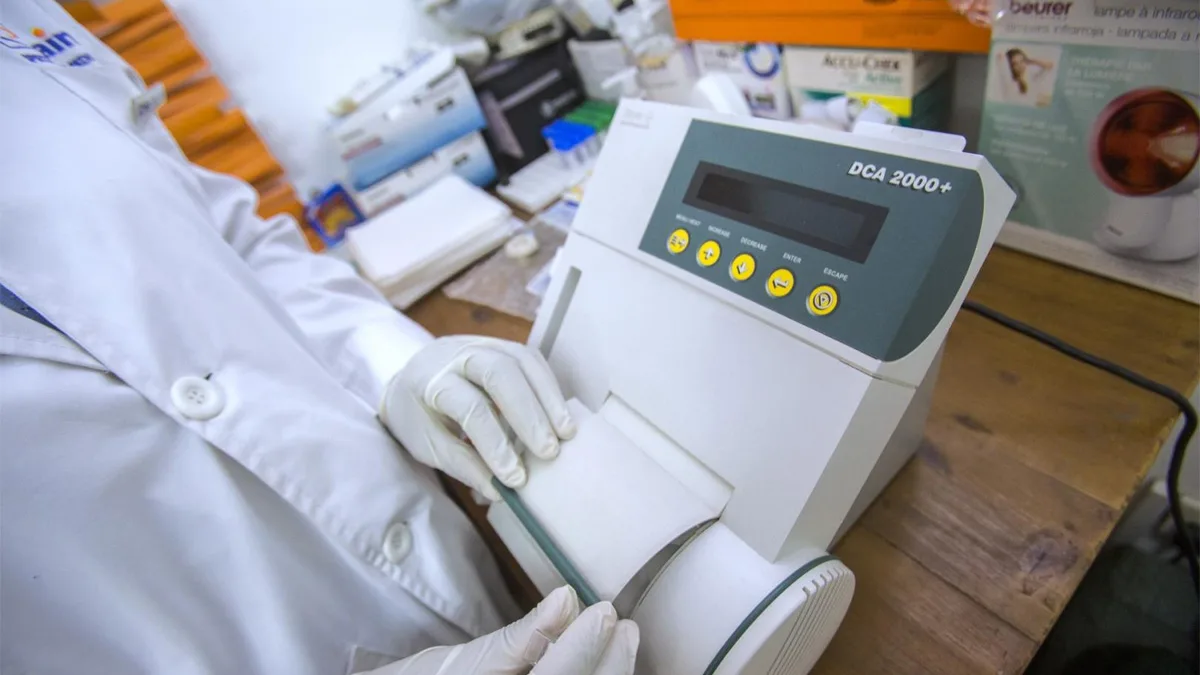At the peak of the COVID-19 pandemic in June 2021, 18-year-old Ghanaian university student Emmanuella Selasi Hormenoo faced a harrowing health battle. Initially suspected of having COVID-19, her tests were consistently negative. After months of life-threatening complications, including paralysis, Emmanuella was diagnosed with type 1 diabetes, the most severe form affecting about 10% of those with diabetes. Today, she manages the condition through regular insulin injections.
Diabetes, a chronic condition, occurs when the body can’t produce enough insulin or use it effectively, leading to elevated blood sugar levels. Left untreated, it can cause severe complications. Moreover, In Africa, an estimated 24 million people live with diabetes, a number expected to double to 55 million in two decades, with only half receiving adequate treatment.
“The diabetes challenge in Africa is threefold,” explains Dr Maïmouna Ndour Mbaye, head of the Marc Sankalé National Centre for Diabetes Control in Senegal. “First, we have the highest projected number of new cases, worldwide. Second, we have the highest estimated number of people living with the condition without being aware of it, and who are at a high risk of life-threatening complications. Third, we have the lowest investment rate in diabetes care worldwide, at only 1% of the region’s health expenditure. Our health systems are designed for acute, infectious diseases, and not enough attention is given to chronic diseases, in terms of infrastructure, equipment and human resources.”
WHO’s Diabetes Blueprint for Africa
To combat this, the World Health Organization WHO’s Regional Office for Africa is developing the Diabetes Blueprint for Africa, part of the Global Diabetes Compact launched in April 2021. The compact aims to reduce diabetes risk and ensure equitable access to quality treatment. Focused on increasing political will, strengthening health systems, improving medicine access, and empowering people with diabetes, the compact is pivotal in addressing Africa’s unique challenges.
Additionally, The Diabetes Blueprint, developed by regional experts alongside WHO’s Afro unit, addresses gaps in diabetes control, targeting high-prevalence countries. The Challenges also include public misconceptions, weak healthcare systems, insufficient training for workers, high diet costs, lack of health advocacy, leadership gaps, and data quality issues.
Also Read: WHO Intensifies Response to Sudan’s Cholera Outbreak
However, Emmanuella, considered a diabetes champion, uses her journey to raise awareness, combat stigma, and guide young people with diabetes. The Diabetes Blueprint offers hope for a comprehensive strategy tailored to Africa’s needs, aiming to strengthen prevention and management efforts against the rising tide of diabetes.



















